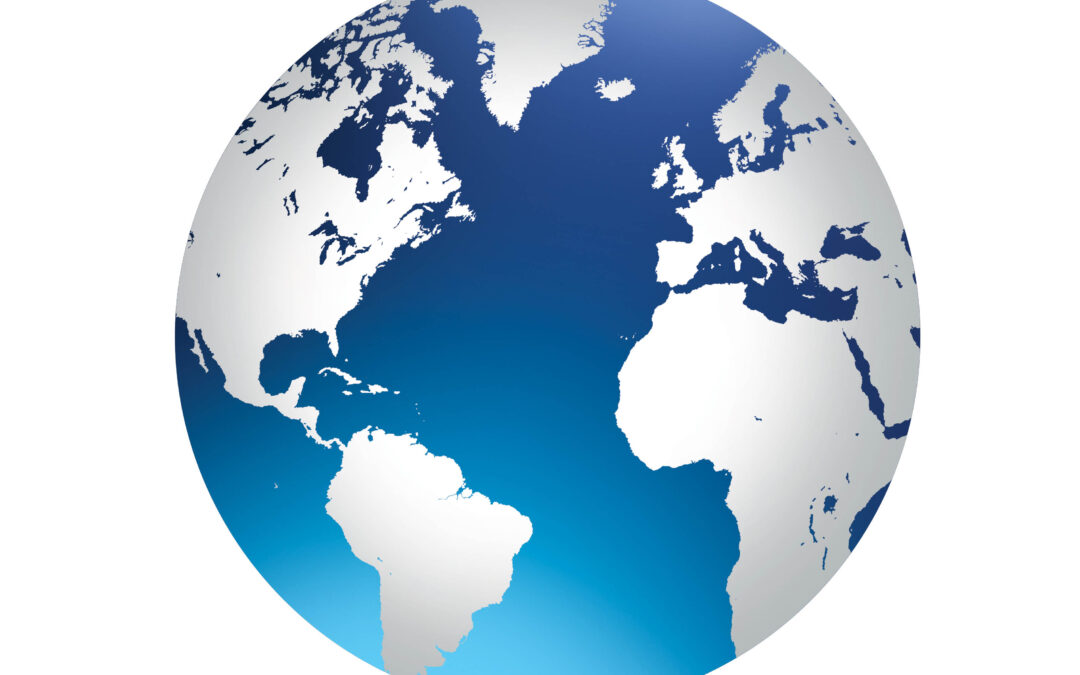
Revue de la CIJ no. 55 (Décembre 1995)
Impunité, crimes contre l’humanité et disparitions forcées.
ICJ Review-55-1995-fra (Texte complet en PDF)

Impunité, crimes contre l’humanité et disparitions forcées.
ICJ Review-55-1995-fra (Texte complet en PDF)
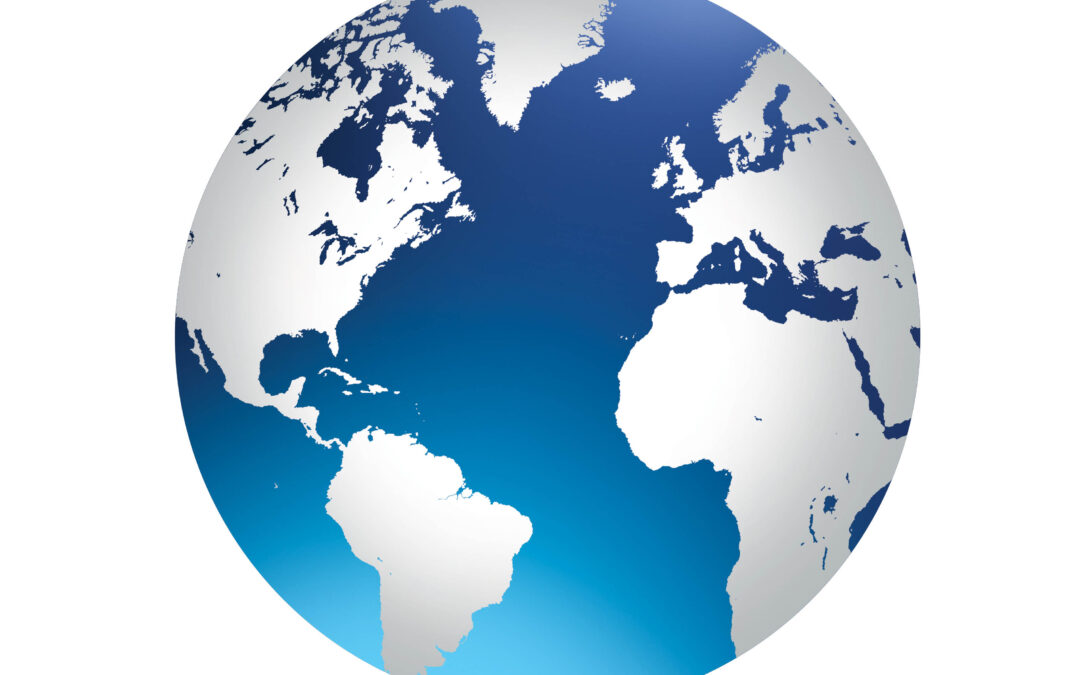
The purpose of the Review is to focus attention on the problems in regard to which lawyers can make their contribution to society in their respective areas of influence and to provide them with the necessary information and data.
The ICJ organized a conference on Economic, Social and Cultural rights and the role of lawyers held in Bangalore in October 1995. This special issue of the Review contains papers presented by the participants at the Bangalore Conference. It also comprises other articles on economic, social and cultural rights written by a number of experts. The outcome of the conference; the Bangalore Declaration and Plan of Action is annexed to this Special Issue.
This edition features:
ICJ Review-55-1995-eng (full text in English, PDF)
ICJ Review-55-1995-spa (full text in Spanish, PDF)
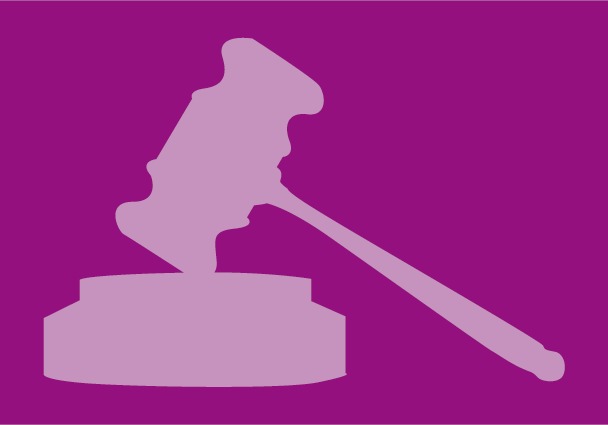
Le Centre pour l’indépendance des magistrats et des avocats a été créé en 1978 par la CIJ afin de promouvoir l’indépendance des professions judiciaires et juridiques et de mettre en place un soutien pour les magistrats et les avocats qui sont harcelés et persécutés.
CIJL Yearbook- media and judiciary-IV-1995-fra (Texte complet en PDF)
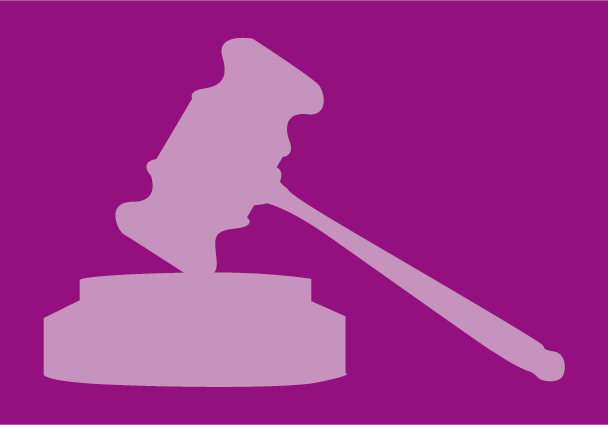
Long before the OJ Simpson murder trial, the ICJ’s Centre for the Independence of Judges and Lawyers recognised that freedom of information and speech must be properly balanced with the needs of the proper administration of justice. In an attempt to address this delicate balance, a group of 40 distinguished judges, lawyers, and media representatives gathered in Madrid – Spain, in January 1994 to participate in a seminar on the relationship between the media and judiciary. The seminar was organised by the ICJ.
“This volume of the CIJL Yearbook contains a selection of the papers presented during the seminar. The papers present a wide range of issues related to media coverage of judicial proceedings.
They attempt to balance between the doctrine of judicial independence and the public’s right to know. Amongst the topics explored in this volume are the parameters of judicial reporting, as
well as the impact of modern technology on judicial independence.”
This issue contains:
Editorial
Part One: The General Principles Governing the Relationship Between the Media and Judiciary
Part Two: The Parameters of Judicial Reporting
Part Three: The Impact of Modem Communication Technology
Part Four: Are Codes of Ethics Necessary?
Appendix One: Documents
Appendix Two: The List of Participants
CIJL Yearbook- media and judiciary-IV-1995-eng (full text in English, PDF)
CIJL Yearbook- media and judiciary-IV-1995-fra (full text in French, PDF)
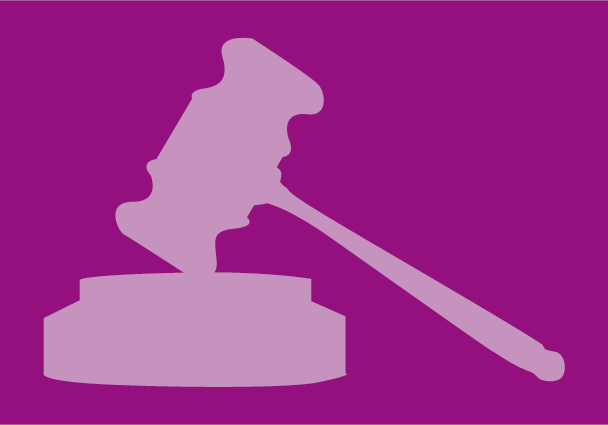
The plight of judges and lawyers as well as the structural problems in legal systems are annually highlighted in Attacks on Justice. Every year, this report sheds an alarming light on the state of human rights protection around the world.